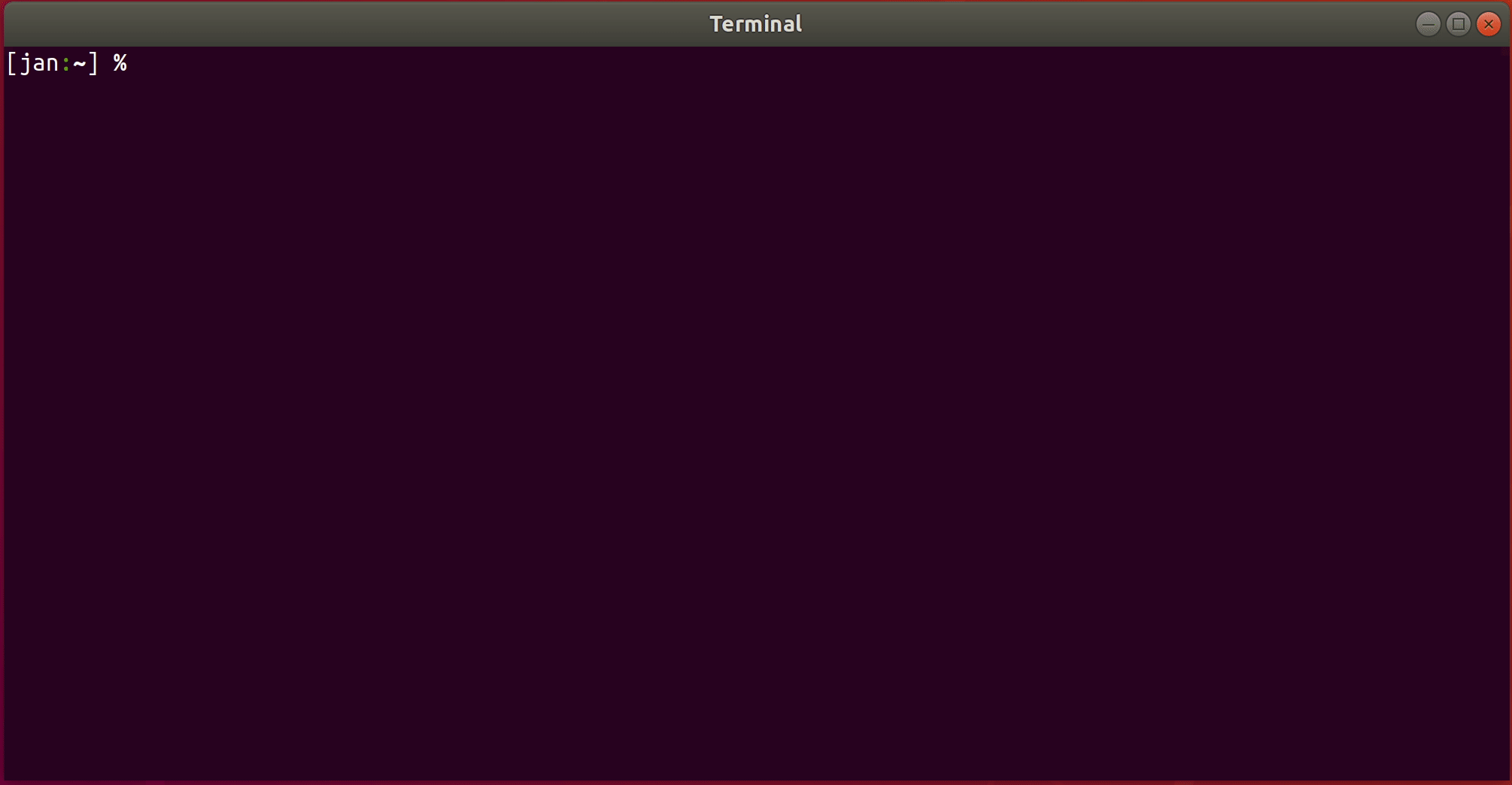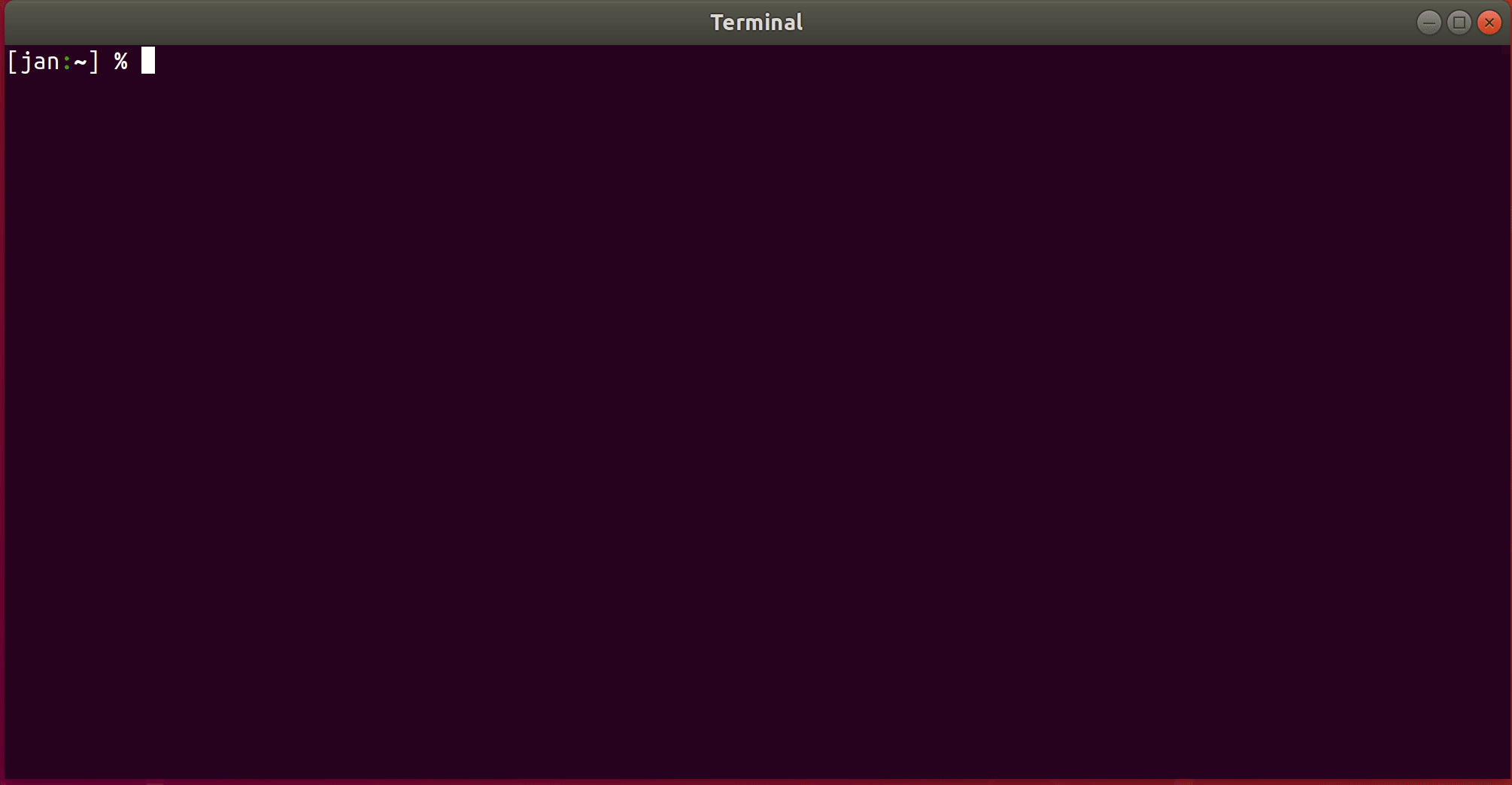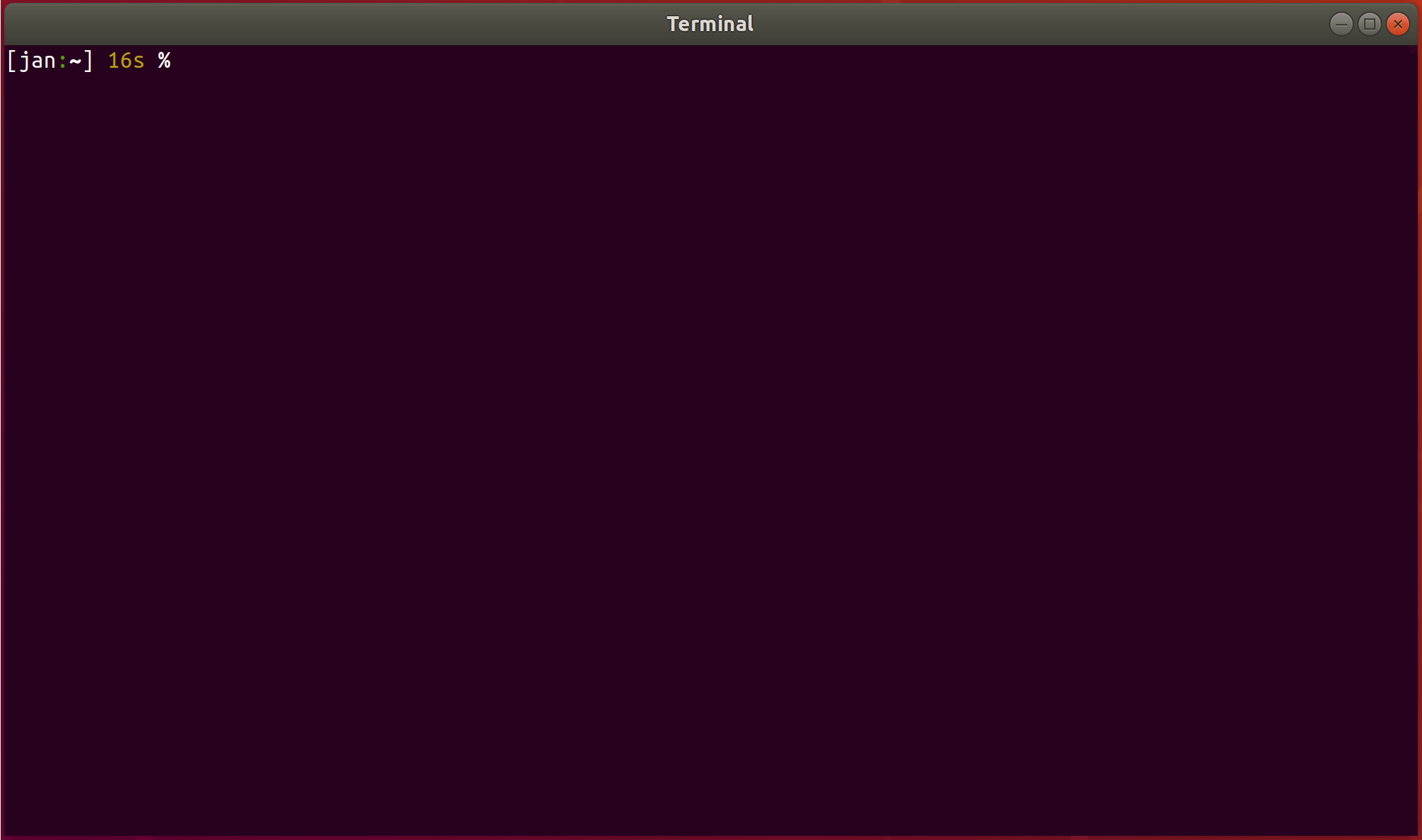Ecosyste.ms: Awesome
An open API service indexing awesome lists of open source software.
https://github.com/jckuester/awsrm
A remove command for AWS resources
https://github.com/jckuester/awsrm
aws cleaning cli delete golang terraform
Last synced: about 2 months ago
JSON representation
A remove command for AWS resources
- Host: GitHub
- URL: https://github.com/jckuester/awsrm
- Owner: jckuester
- License: mit
- Created: 2020-05-29T20:28:08.000Z (over 4 years ago)
- Default Branch: master
- Last Pushed: 2023-09-13T09:23:22.000Z (over 1 year ago)
- Last Synced: 2024-10-22T06:50:30.635Z (2 months ago)
- Topics: aws, cleaning, cli, delete, golang, terraform
- Language: Go
- Homepage:
- Size: 19.2 MB
- Stars: 97
- Watchers: 4
- Forks: 5
- Open Issues: 5
-
Metadata Files:
- Readme: README.md
- License: LICENSE.md
Awesome Lists containing this project
README
# awsrm
A remove command for AWS resources
[](https://github.com/jckuester/awsrm/releases/latest)
[](/LICENSE.md)
[](https://travis-ci.com/jckuester/awsrm)
This command line tool follows
the [Unix Philosophy](https://en.wikipedia.org/wiki/Unix_philosophy#Do_One_Thing_and_Do_It_Well)
of `doing only one thing and doing it well`:
It simplifies deleting over [250 AWS resource types](#supported-resources) across multiple accounts and regions.
Like other Unix-like tools, `awsrm` reveals its full power when combining it via pipes with other tools, such
as [`awsls`](https://github.com/jckuester/awsls) for listing AWS resources and `grep` for filtering by resource
attributes.
## Example
### Delete resources by tags (or other attributes)
To delete, for example, all EC2 instances with tag `Name=foo`, run
awsls instance -a tags | grep Name=foo | awsrm
To filter on multiple attributes, display them with `awsls` via the `-a (--attributes) ` flag.
Every attribute in the Terraform documentation
([here](https://registry.terraform.io/providers/hashicorp/aws/latest/docs/resources/instance#attributes-reference) are
the attributes for `aws_instance`) can be used:

1. List resources via [`awsls`](https://github.com/jckuester/awsls) with the attributes you want to filter on
(here: `-a tags`)
2. Use standard tools like `grep` to filter resources
3. Pipe result to `awsrm` (nothing is deleted until you confirm)
**Note**: `awsls` output passes on profile and region information, so that `awsrm` knows for each resource in what
account and region to delete it.
Depending on the type of resource, deletion can take some time. This GIF runs faster than EC2 instances are actually
terminated; the shell prompt shows the real execution times in seconds.
### Delete across multiple accounts and regions
List all instances with `awsls` in the AWS accounts associated with profile `myaccount1` and `myaccount2` in both
regions `us-west-2` and `us-east-1` and pipe the result to `awsrm`:
awsls -p myaccount1,myaccount2 -r us-west-2,us-east-1 instance | awsrm

### Delete by IDs
Delete specific resources by ID, for example, some IAM roles
awsrm iam_role db-cluster elb nginx
or VPCs
awsrm vpc vpc-1234 vpc-3456 vpc-7689

1. List resources via [`awsls`](https://github.com/jckuester/awsls) to find out what resources to delete.
2. Use `awsrm` to delete the resources by resource type and ID(s)
## Usage
Input via arguments:
awsrm [flags] [...]
Input via pipe:
awsls [flags] | awsrm
or
echo " " | awsrm
To see options available run `awsrm --help`.
## Installation
### Binary Releases
You can download a specific version on the [releases page](https://github.com/jckuester/awsrm/releases) or use the
following way to install to `./bin/`:
```bash
curl -sSfL https://raw.githubusercontent.com/jckuester/awsrm/master/install.sh | sh -s v0.2.0
```
### Homebrew
Homebrew users can install by:
```bash
brew install jckuester/tap/awsrm
```
For more information on Homebrew taps please see the [tap documentation](https://docs.brew.sh/Taps).
## Supported resources
This tool can not only delete any resource type that
is [supported by awsls](https://github.com/jckuester/awsls#supported-resources), but any resource
type [covered by the Terraform AWS Provider](https://registry.terraform.io/providers/hashicorp/aws/latest/docs).
Note: the prefix `aws_` for resource types is optional. This means, for example, `awsrm aws_instance ` and
`awsrm instance ` are both valid commands.
## Disclaimer
You are using this tool at your own risk! I will not take responsibility if you delete any critical resources in your
production environments.